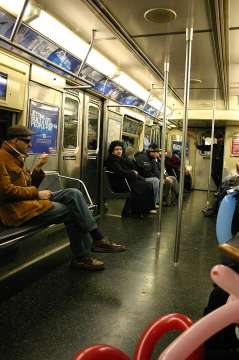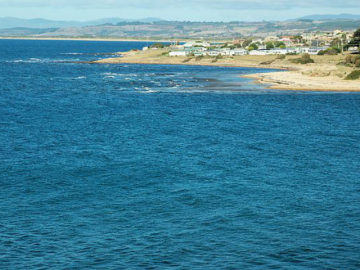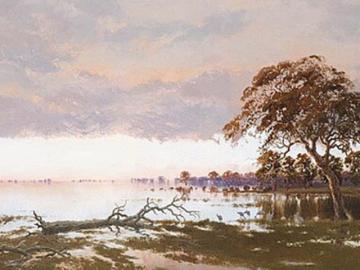Trapping Rabbits
Rita Tognini
i Consider the rabbit: vegetarian, pacifist, exceptional breeder, submissive in comely brown fur shaped for the arm’s cradling. But twitchy-eared and trembling. Ever poised between fright and flight. ii Yours, like theirs, was a forced migration; shanghaied, confined below deck in a corner of their cramped hutch. With them, you escaped the ocean’s maw, made landfall under a boundless sky, in glittering light. You, like them, sniffed opportunity in the bracing air, felt the susurration from headland scrub as a mute welcome. Like them, you could not believe your luck; the vast territory, the feral freedom, the ticket of leave and land grants. iii We set our traps, my brother and I in late winter and early spring evenings as chimney smoke drifted above mill houses in the cooling air. We set our traps as our father taught us: scooping a soft bed at the burrow entrance for the steel spring trap, prising open the saw-toothed mouth, fixing the trigger, camouflaging the lethal bite with sand, leaf litter and bracken. iv In the photo my brother and I pose mid-road trying to grin, rabbits strung from our hands by their hind legs, the mill and palisade of karri our backdrop. v Like you and them, we are new Australians. Like you and them: invader, settler, colonist. Originally published in Brushstrokes III: Ros Spencer Poetry Contest Anthology 2022.
The science inspiring the piece:
I am fascinated by human beings’ interaction with the natural world, and in changes of how science has conceptualised the role and contribution of humans to the development of our planet. Over the last several decades, the emergence of the concept of the Anthropocene has focused attention on the impact of human influence on land use, ecosystems, biodiversity and species extinction.
Human migration, and that of animals, plants and micro-organisms that have inevitably accompanied them, has contributed significantly to this impact. ‘Trapping Rabbits’ explores this from the human and animal perspective and considers its impact on Australia’s Indigenous people.
Listen to Rita read the poem:


